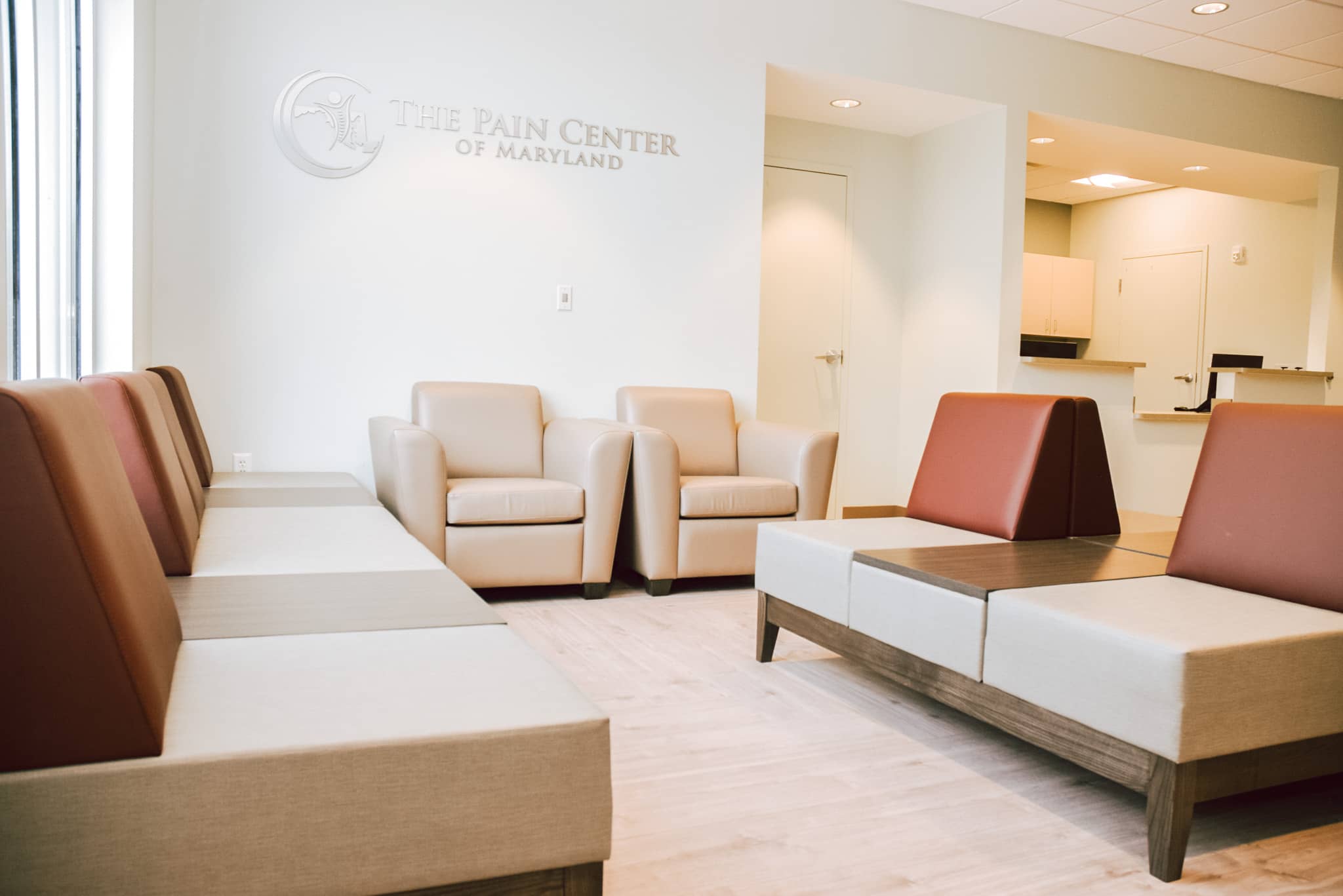
Patient responses vary and depend on the cause and location of nerve impingement, degree of inflammation, and chronicity. The goal is to eliminate the pain using the least amount of medication/injections as possible. If you do not have pain, you do not need an injection.
While surgery is effective in treatment leg pain associated with a herniated disc, surgery is not a first line treatment. Rather, in many patients, a spinal injection provides effective pain relief. Surgery may be considered if the pain is unrelenting and severe despite injections or other nonsurgical treatment. Injections are an important, conservative and nonoperative step to take before any type of surgery.
The goal of the injection is to use a very small amount of medication and deliver it to the pain source to locally control your pain. Steroid dose packs involve taking a higher steroid dose orally for one week. As the medication dissolves from the stomach and into your blood stream, only a small about of the steroid reaches the area where the disc is herniated. The rest of the steroid is dispersed throughout your body. Oral steroids are less effective and associated with more side effects as they are systemic.
Potentially. Most of the negative connotations about steroids are associated with chronic use. Steroids are often prescribed for chronic inflammatory conditions such as rheumatoid arthritis, severe asthma, lupus, and psoriasis. In pain management only a small dose of a steroid is injected where it needs to be placed for long-acting relief. Side effects are usually minimal and self-limiting. Common side effects include possible facial flushing and a sense of excitability. Other side effects are associated with long-term or chronic steroid use. Injecting a small dose of medication precisely into the region where most of the pain generating inflammation is minimizes the system side effects compared to taking steroids by mouth.
Possibly. However, the needles are so small that pain is minimal. The skin is numbed with a local anesthetic, typically used in most dentist offices. Muscle spasm or pain after an injection is possible, but unlikely. Do not let the fear of an injection stop you from receiving treatment.
To a degree, yes. The steroid injection decreases the inflammatory component of pain and simultaneously contributes to the healing of the disc or the swelling in the nerve. The injection helps control pain while you recover.